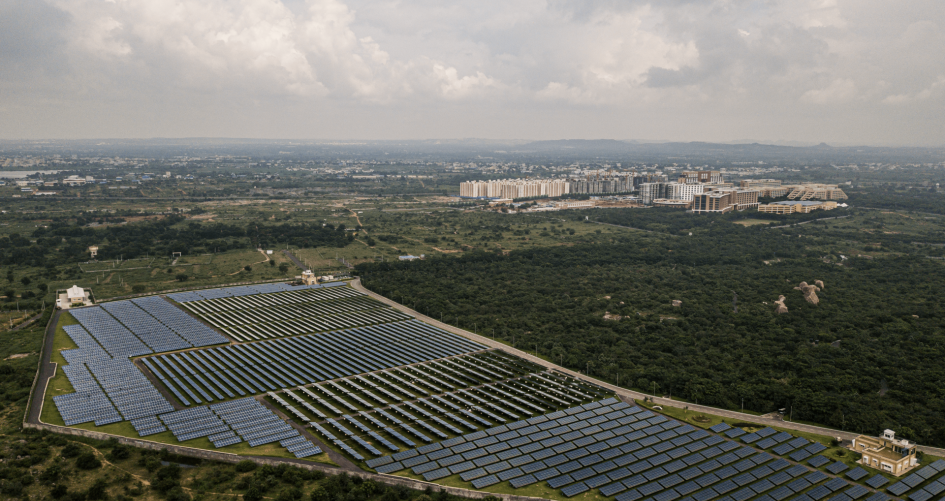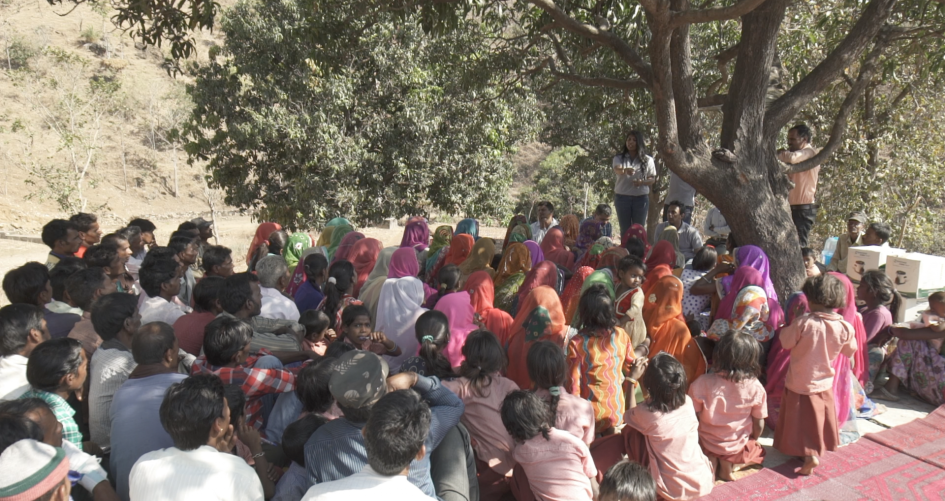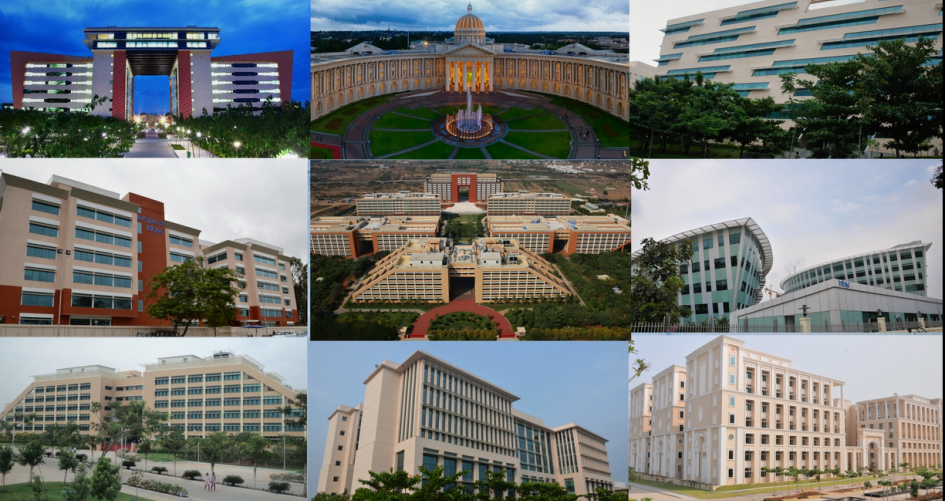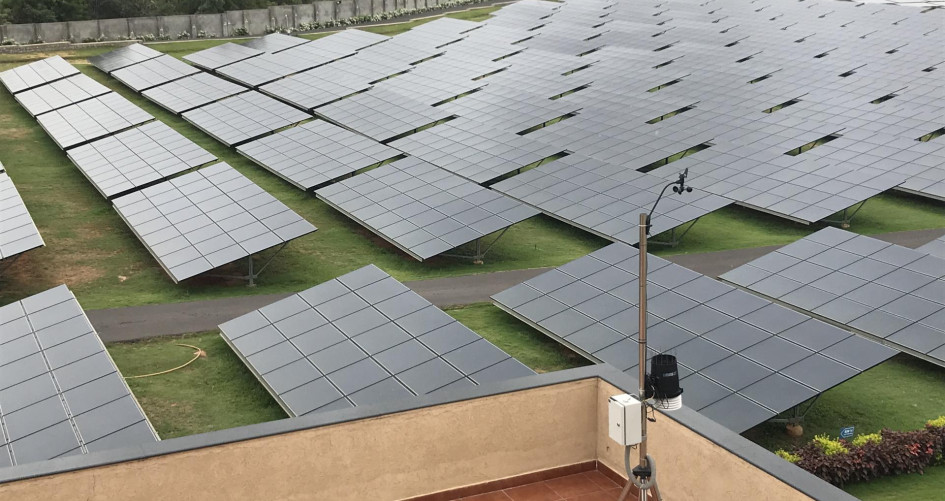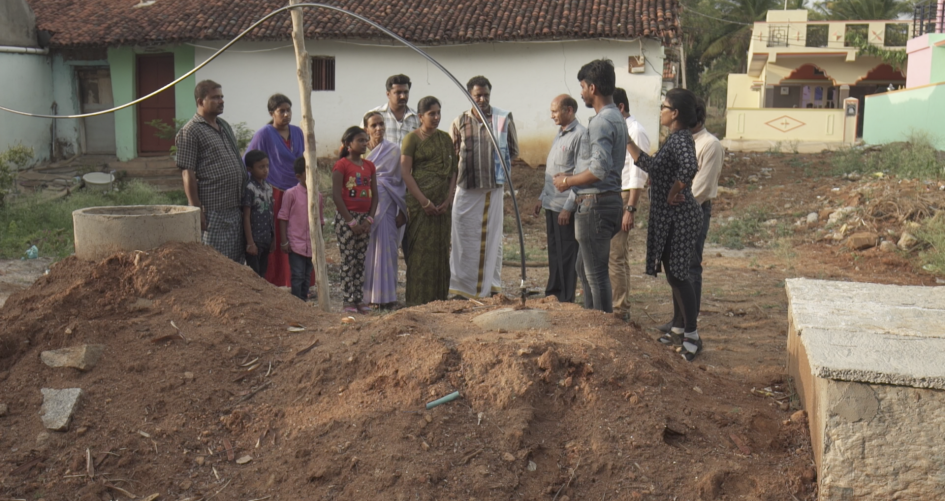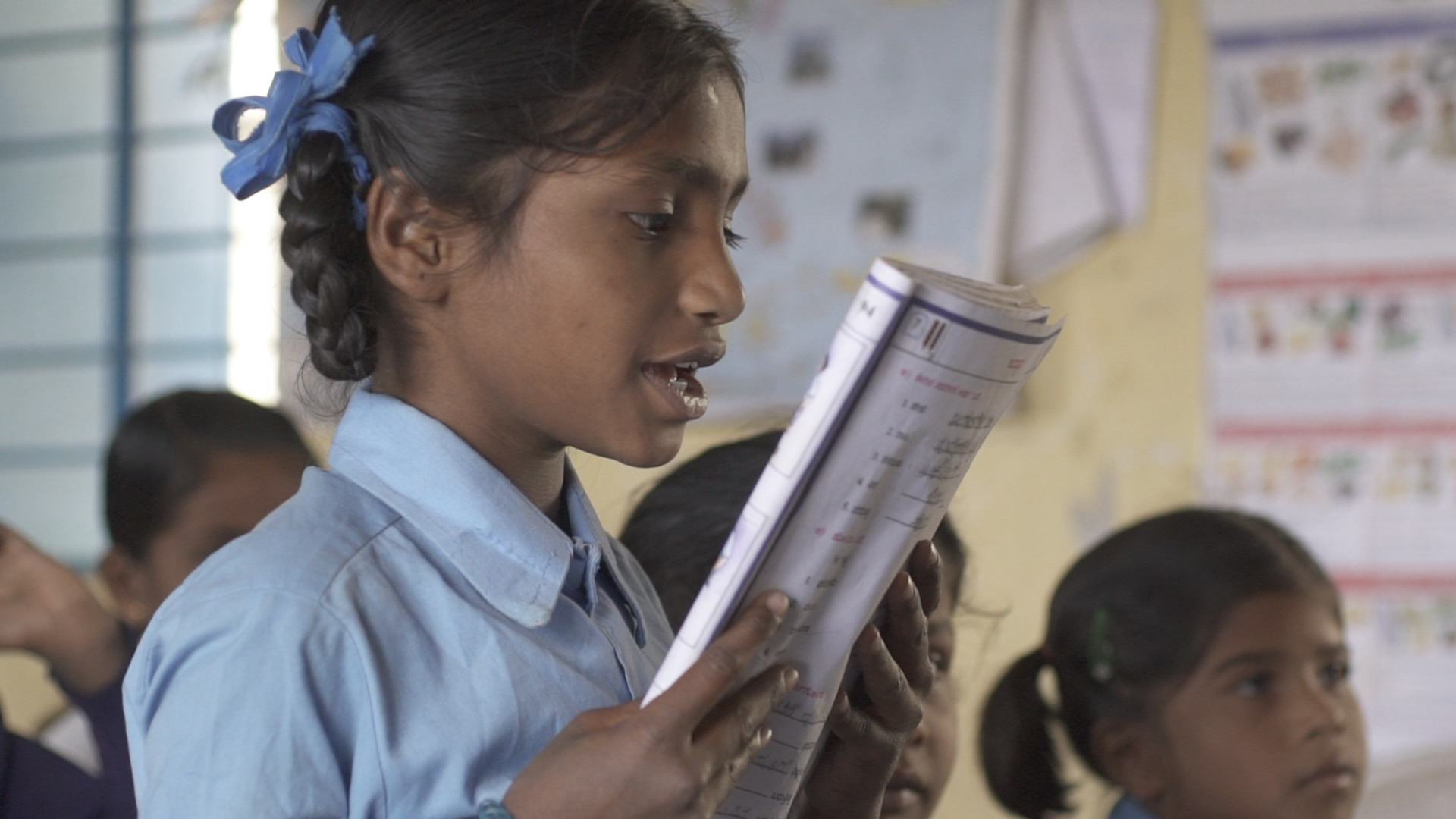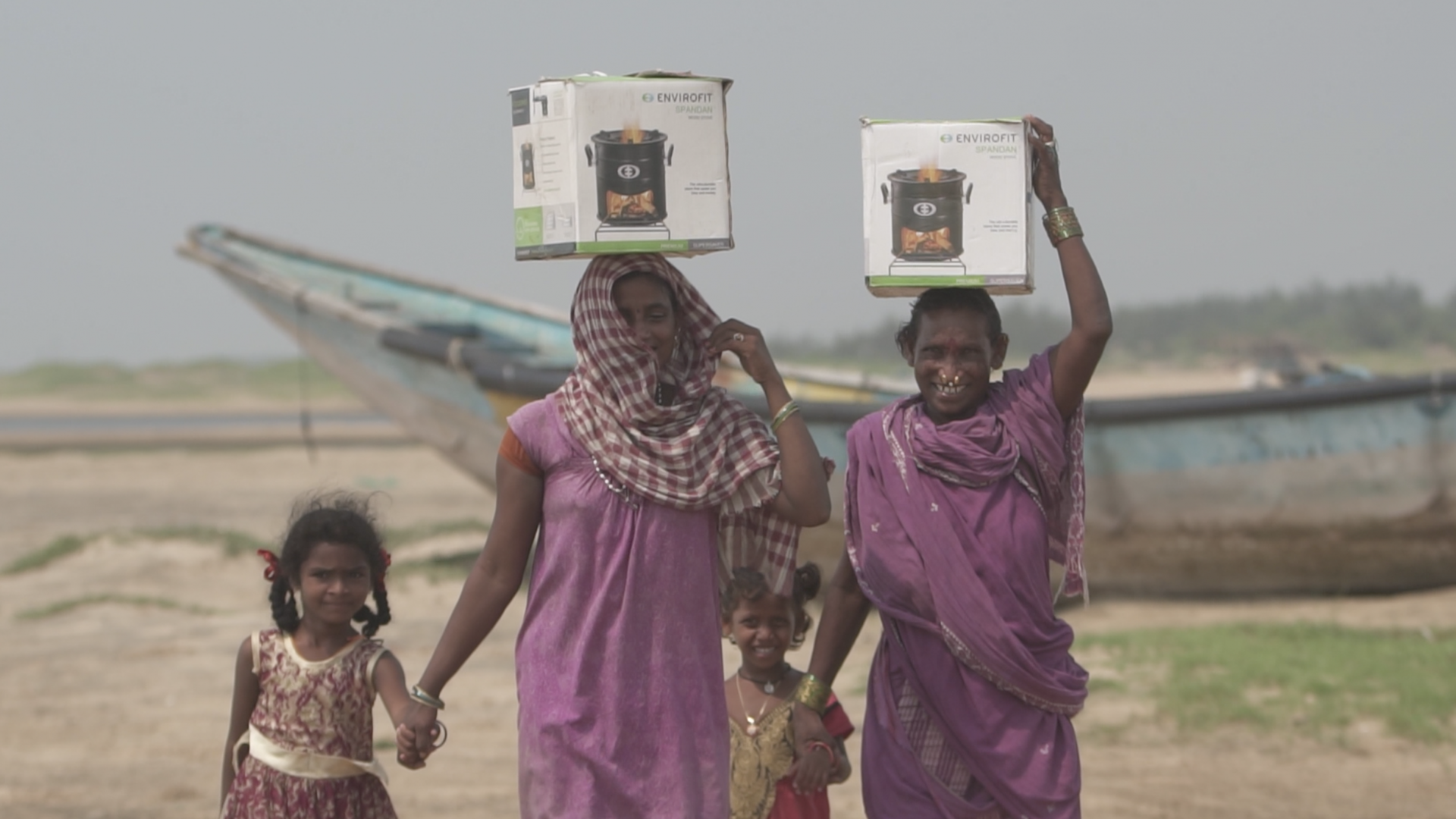Summary
Infosys is India’s second-largest Information Technology company, and one of the first companies of its type to commit to carbon neutrality. In 2011, Infosys made a pledge to become carbon neutral by 2020.
With over 229,000 employees and clients in 46 countries, Infosys has sought to address its significant carbon footprint in all aspects of its global operations.
Infosys is building new energy-efficient buildings and upgrading its existing buildings, is transitioning to 100% renewable energy, has placed an internal price on carbon against which it assesses its projects and investments, and runs an offset programme that works with communities to reduce emissions and contribute to sustainable development. All emissions are tracked using software applications and audited by a third-party verifier.
Key Facts
- Through its energy efficiency programs, Infosys has reduced 55.05% of its per capita energy consumption since 2008.
- 44% of Infosys’ electricity requirements are met through renewable sources. The company aims to transition to 100% renewable energy by 2020.
- Over 100,000 rural families have benefited directly from Infosys’ offset programme since 2016, while another 25,000 families are set to benefit from a project on biogas-fueled cooking and organic farming.
The Problem
Infosys, a global leader in next-generation digital services and consulting, has 191 offices and over 229,000 employees serving clients in 46 countries. Like other large global IT companies, Infosys has a significant carbon footprint. A big part of the company’s emissions come from the consumption of electricity required to run their offices and data centres. And, given the scale of its operations, emissions from business travel and employee commutes is particularly high.
The Solution
Infosys’ approach to achieving carbon neutrality is based on three pillars: reducing energy consumption through energy efficiency, transitioning to renewable energy sources and offsetting emissions that are beyond its control. Infosys has also promoted sustainable practices amongst its employees and vendors to reduce their footprint.
In over a decade between 2008 - 2018, Infosys has brought on board over 120,000 employees and grew their office space by 178%, adding 46 million square feet of floor space. In the same period, the emissions from their direct operations have dropped by over 70% on a per capita basis, while its absolute scope one and two emissions have been reduced by over 40,000tCO2e, in absolute terms.
The company has also established an internal carbon pricing system to raise awareness about the carbon footprint of each of its departments while incentivizing emissions reductions.
Any remaining emissions are compensated for via six community-based carbon offsetting projects implemented by Infosys in partnership with various NGOs and agencies.
Helping the Planet
Current efforts by Infosys’ Community Offset Program are expected to reduce annual firewood consumption by 1.2 million tonnes over the life of the project. The program is estimated to reduce emissions by over 1 million tonnes of CO2e cumulatively during the terms of its current employee contracts.
At the same time, Infosys is reducing its dependence on fossil-fuel-dominated grid power through its energy efficiency and renewable energy programs. These efforts have involved purchasing renewable energy from the grid and investing in on-site renewable technologies, particularly solar energy. As of March 2019, Infosys has invested in 46.1 MW of captive onsite and offsite solar power plants. With the additional green power procured, Infosys has reduced its dependence on thermal power from the grid by around 44%.
By reducing emissions and transitioning to renewable energy, Infosys is helping the world transition to a low-carbon future, while addressing its own carbon footprint.
Helping People
Emissions that cannot be reduced are offset, as part of Infosys’ carbon neutral plan. These offsetting programmes focus on rural communities and largely centre around using biogas-fueled, efficient cook stoves. These cook stoves reduce the amount of time spent cooking, dangerous smoke inhalation and free people from the strenuous and time-consuming work of gathering firewood.
Infosys estimates that its offsetting programme has reached over 100,000 families, and reports that women and girls are the primary beneficiaries. Some of the benefits verified by Infosys include job creation, promoting sustainable agriculture, reducing poverty, training youth on new technologies, etc. The company’s latest project aims to reach an additional 25,000 families, across 1500 villages in six districts of India. Through the many co-benefits of these projects, Infosys’ offsetting efforts have contributed to 11 of the UN’s Sustainable Development Goals.
Spillover Effect
Infosys’ approach to carbon neutrality is noteworthy because of its deep focus on innovative energy efficiency measures, renewable energy and offsetting.
Infosys’ unique approach to offsets their emissions through fully owned, community based offset projects. Meanwhile, its proven high energy performance standards for its office buildings, data centers and renewable energy projects are effective initiatives that others can follow. Infosys has been actively engaging with NGOs, corporates, government agencies and universities in sharing their learnings and best practices.
The proven track record from the Infosys’ carbon neutral journey places it among the leaders in efforts to transition to a low-carbon economy, and offers a worthy example for others to follow.




Images owned by the activity partners, all rights reserved.
